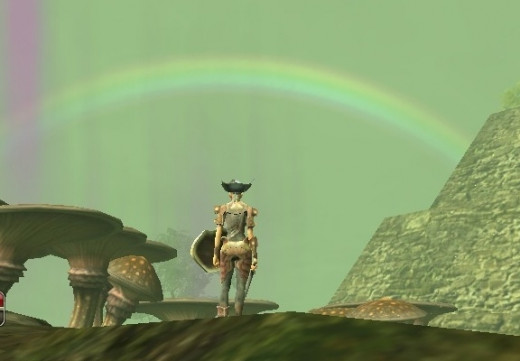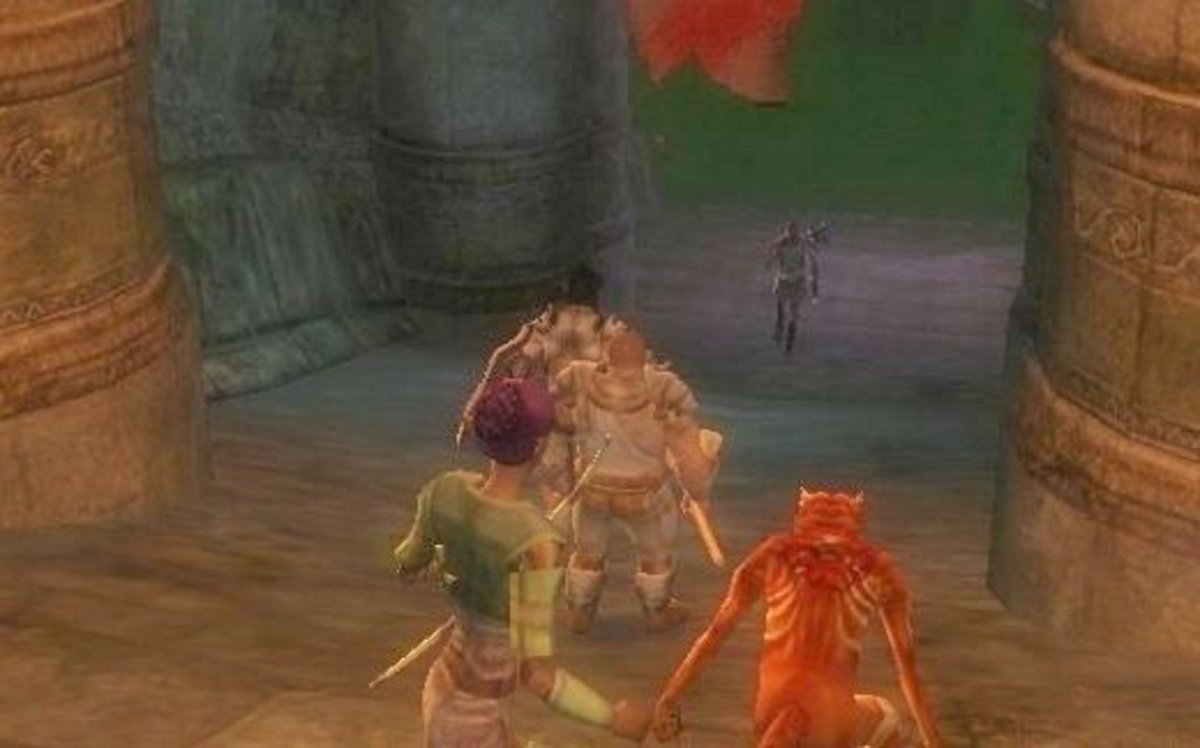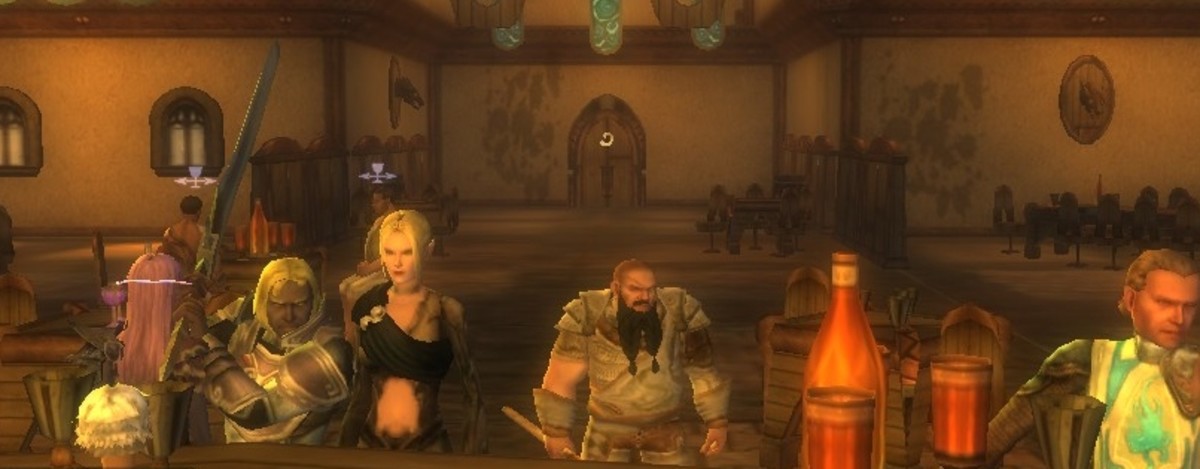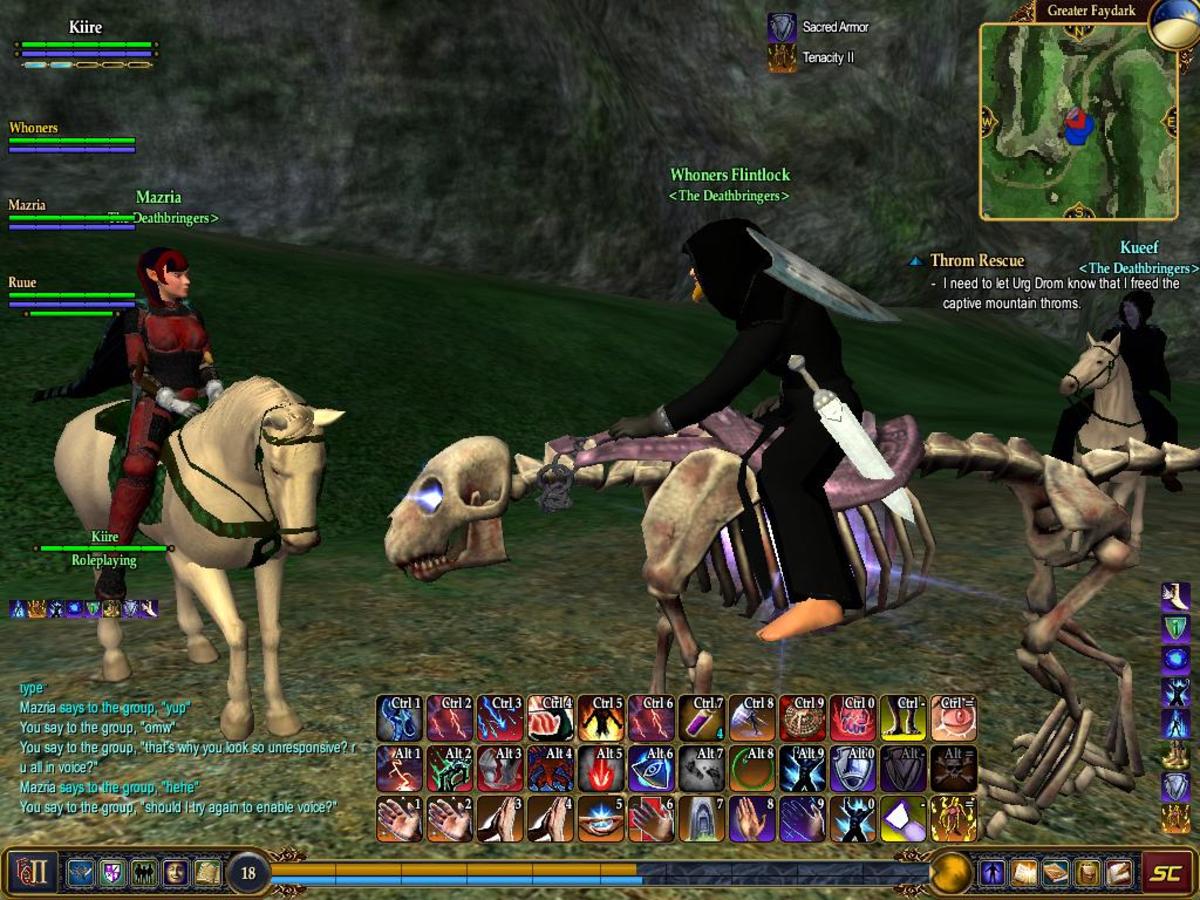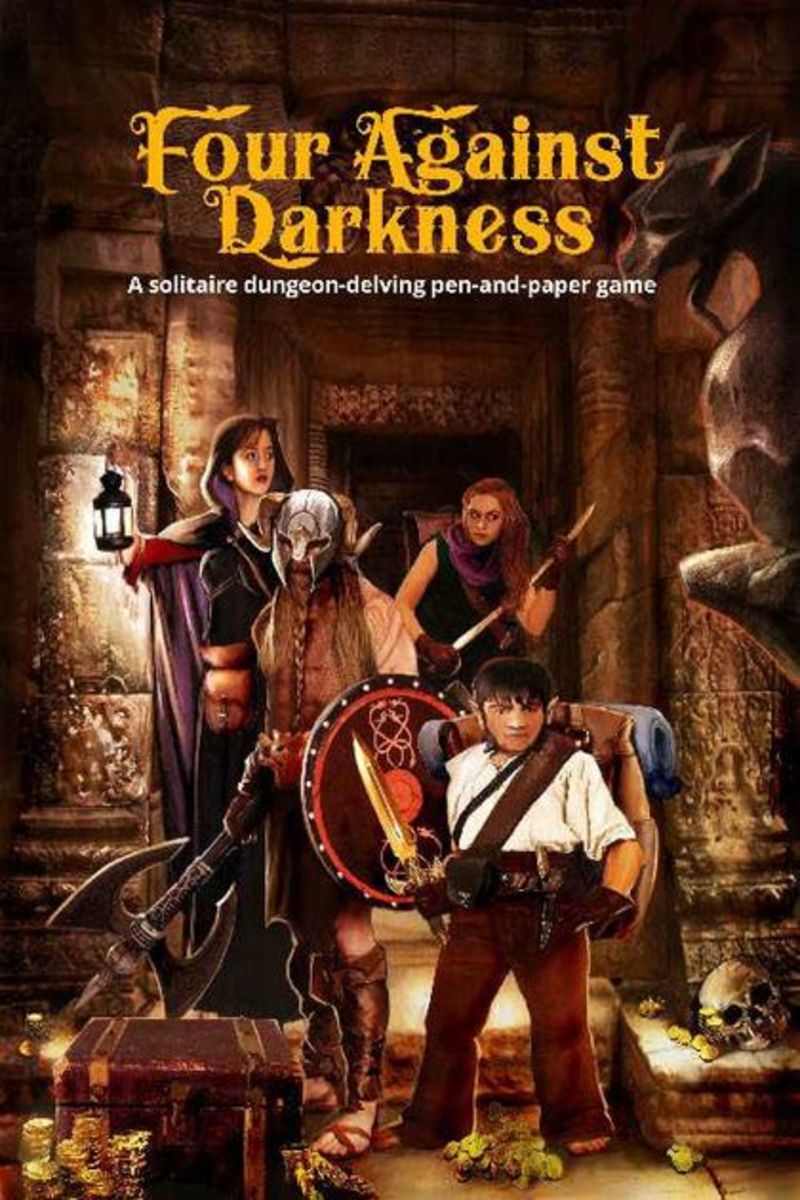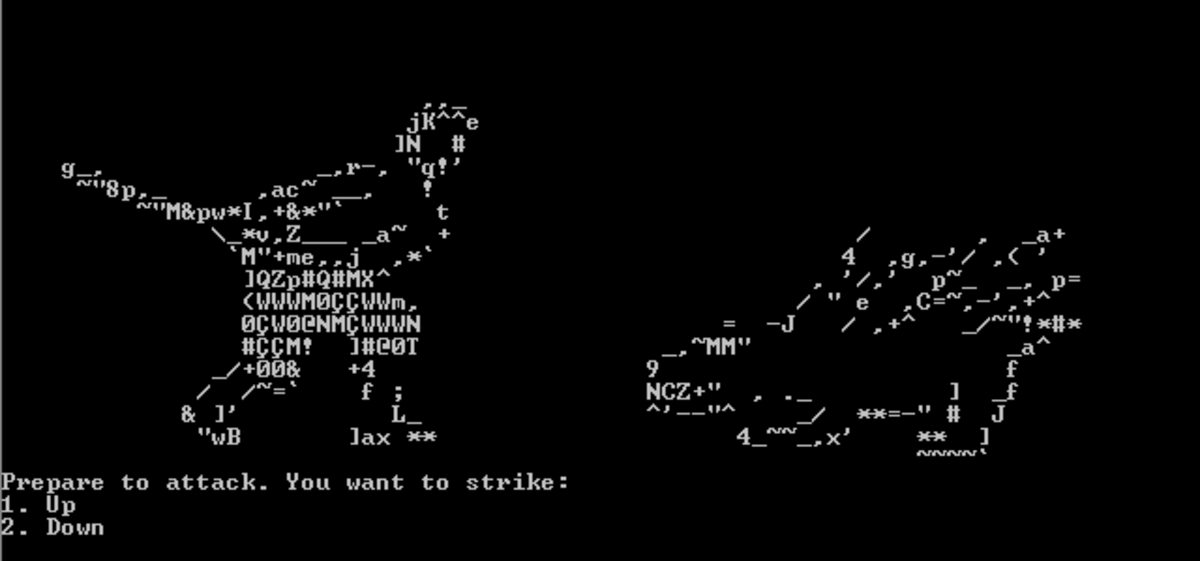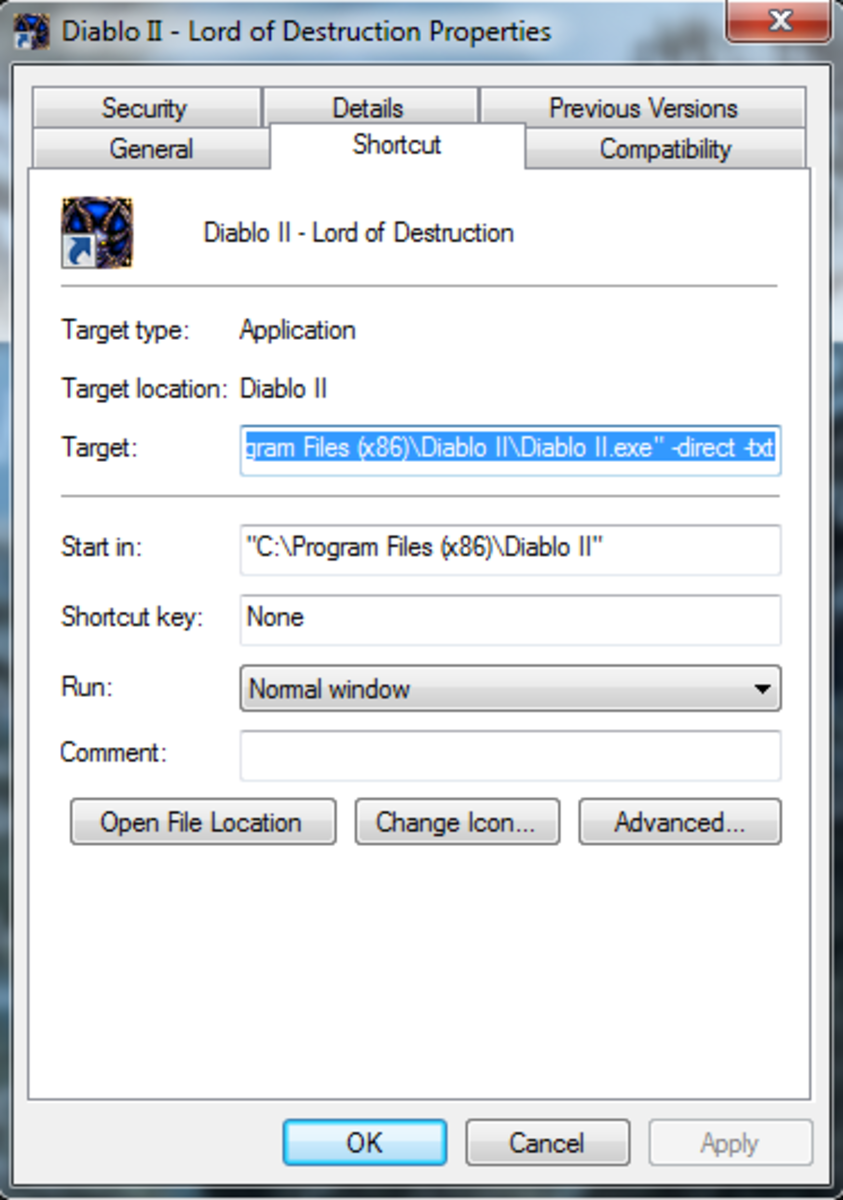Dungeons and Dragons Online: An Underrated MMORPG
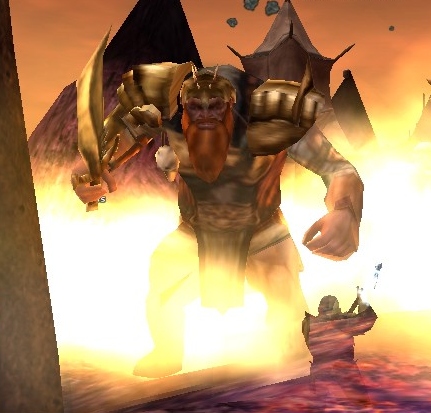
Reviews of games, particularly games that have been around for awhile, are often skewed because the reviewer is biased in favor of a single game. For instance, a World of Warcraftaficionado who reviews games will probably find other MMOs failing to measure up to WoW. The same could be said for anyone who fancies themselves a dedicated fan of any game. The most common reason a game review misses the mark, however, is because the person reviewing hasn’t had the time or desire to immerse themselves in the game they're writing about.
Dungeons and Dragons Online often gets underrated reviews: reviews that are generally given after the reviewer stopped playing after only a few clumsy attempts at the game. Players considering this MMORPG should take that statement very seriously before dismissing the game based on a review. If a gamer enjoys medieval fantasy RPGs, he or she will immensely enjoy Dungeons and Dragons Online provided the gamer invests the time to get to know the community and read the various online guides.
There are a number of reasons that veteran DDO players are still playing this game after several years. Consider how many new and exciting MMOs that have come and gone over the past seven years and then consider that many DDO vets are happy to stay at home with their game. It isn’t the graphics or special effects or bloody violence of other games that win the hearts of DDO players. There is more here and it takes time to discover it. It takes a willingness to step out of the single-player mindset and reach out to the community for help and guidance. For many MMO gamers this is a difficult first step, but it’s worth the initial awkwardness to become a part of the hordes of gamers who have found a home in Dungeons and Dragons.
In this article the author explores three definitive reasons why players become devoted Dungeons and Dragons Online fans.
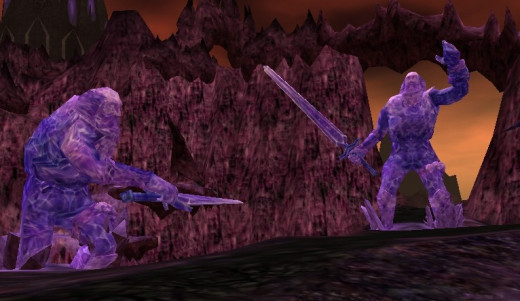
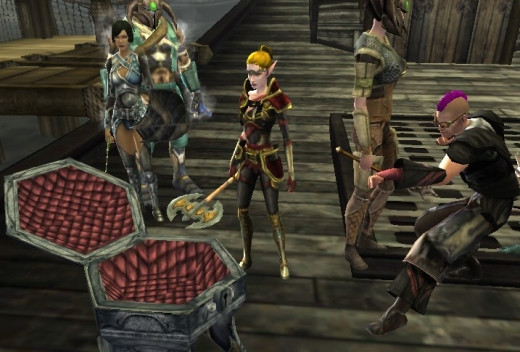
Dungeons and Dragons Community
Those who’ve played DDO for years are acutely aware of the uniquely unseen bond that forms among the game’s players. That’s not to slight the obvious connection—the guild—which serves a very important purpose in the game (see Guild article); rather there is a fellowship that forms simply from the fact that long-time players are often dedicated to Dungeons and Dragons Online alone. Of course adventurers sample and play other games and even other MMOs. But they identify with being a DDO player even when they’re taking a break from the game to try something else. Many discussions in the game’s general chat refer to this fact—that players do try other games but they miss the DDO experience eventually.
Because this MMORPG is often buried by its critics, people who enjoy wandering the forests, hills, and dungeons of Eberron consider their game the underdog. The other big, popular MMOs come and go, taking with them flocks of players from other games that get caught up in the hype, but Dungeons and Dragons has a staying power unlike any other game, digital or otherwise. Why is it that players return to this game after deciding they’ve had enough; even after determining that it was time to move on and join another game community? The answer is simple: there are no other communities like the one found in DDO.
Newer players come on the DDO scene with habits gained from playing other games. Some of this behavior is exhibited in various chats as gruff, aggressive, boastful, and egotistical. Long-term players are patient with new players that aren’t outright offensive. The adventurers who’ve enjoyed the game for years realize that their community takes some getting used to and requires change on the part of most new players, for the established DDO community is one that thrives on teamwork, guidance, empathy for unskilled players, and an expectation that new players will heed the advice of experienced plunderers.
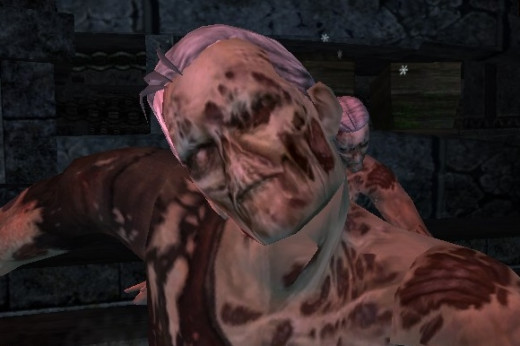
Dungeons and Dragons History
No other development process in the history of computerized gaming has successfully captured a transition from board game to computer game the way DDO developers have. The leap from imaginary monsters and heroes to miniatures on a coffee table to graphical representations has been successfully accomplished; even the rubbery trolls described in the first Dungeons and Dragons Monster Manual come to life in DDO. The only thing missing is their stench; but even the narrator wonders aloud what putrid creatures could be emitting such a stink. It’s the older gamers dream (or nightmare) come true to actually see the monsters they read about in the game’s earliest forms.
A demanding community doesn’t stand pat if they see something in the online game that doesn’t stay true to the earlier rules, either. Game developers are quite aware that the customers who play their game aren’t easily fooled by any Dungeons and Dragons product that lacks quality; on more than one occasion aspects of a new release have been panned by players in the forums for not measuring up to expectations. It is this checks and balances system between developer and player that ensures the DDO player gets what he or she wants out of the game and it’s one of the reasons DDO has been so successful over the years—the developers actually listen and make changes based on the communities desires. It’s as if the developers are simply extensions of the players developing the game in the direction they want it to go.
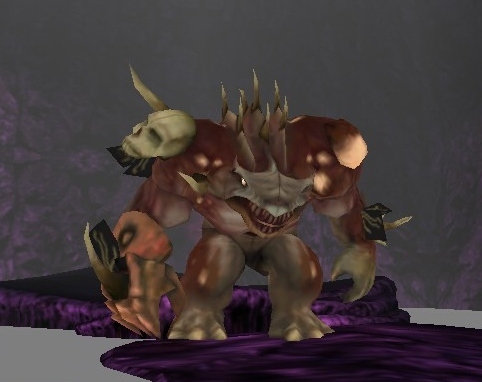
So Much to do In DDO
Imagine a major metropolitan area like Detroit or Chicago as it was when it was just settled. And consider those cities now. That’s basically the way the DDO game world has grown—it went from a simple adventure to a sprawling exploration of games within games, complex stories, and a seemingly unending array of paths to take and stuff to do.
Players start off by choosing the sex of their character, the race, the type, and the name. This might seem a simple task to new players but, oh, if they only knew what they were getting into. The choices made here will plant seeds which could (and will, if the player advances the character to high levels) sprout and grow into a life-like representation of their fantasy dreams. For example: a player creates an elf rogue. The process of doing so is quite simple, but with these choices a completely unique road opens up before the player with paths leading off in all directions. By the time the character achieves level 20 or higher the player will likely think (while adventuring) like his or her elf rogue and control the character in a manner completely different from another player’s elf rogue.
The reason for this uniqueness of character springs from the fact that there is so much to do in DDO. No two characters could possibly do all the same things in the game therefore they will end up with different stats, different abilities, and different equipment, and different goals. One player might have her rogue treat other characters with disdain; choosing carefully who she explores dungeons with and forming close relationships only with a select few in her guild. Another player might be outgoing, friendly to all, and willing to teach less experience rogues the finer aspects of her craft. One rogue might be selfish and conniving while another might be honorable and self-sacrificing. Since they’re rogues, we won’t argue whether they will both seek riches—they will. But the players controlling the characters will determine the kind of character that develops and this is only possible because DDO gives players so many options where exploring, character type, and character development are concerned.
